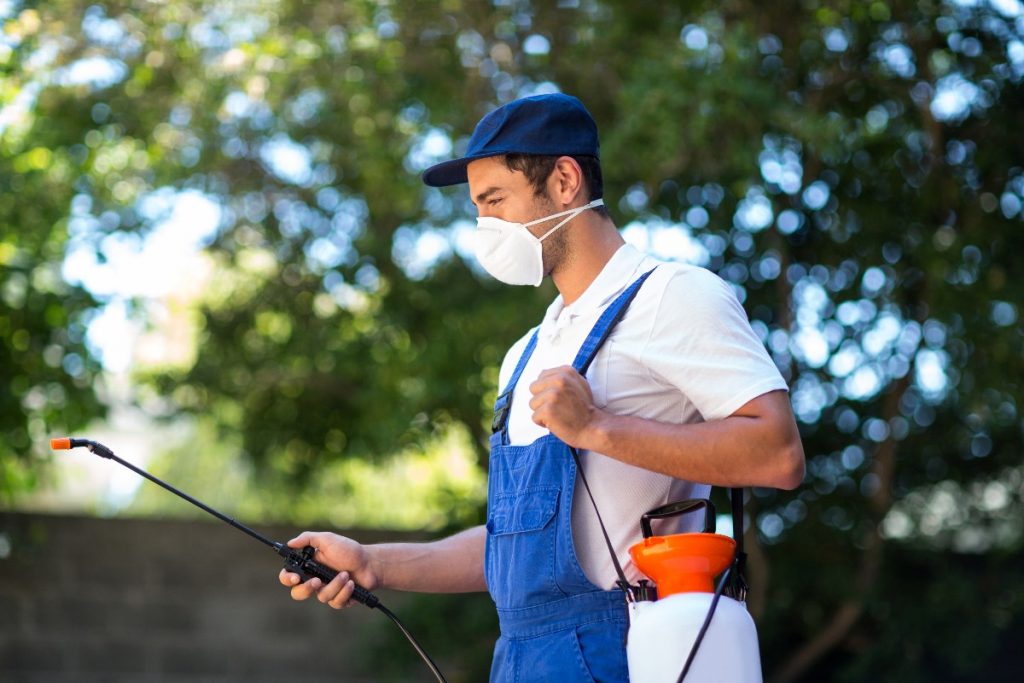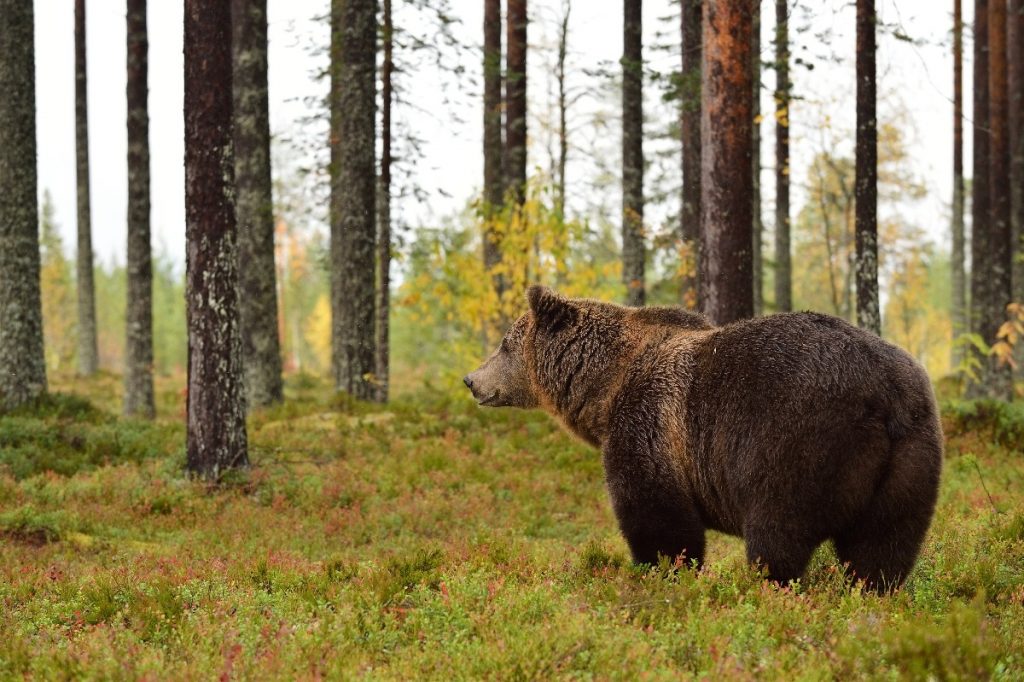Living in the city has always been a dream of many, but that might be changing. Studies show that Americans are slowly moving out of cities. Ever since the COVID-19 crisis, cities are starting to lose their luster, and more and more people are looking into areas that are closer to nature to call their home.
Living in a wooded area may seem like the most wonderful thing for people who love nature and solitude, but it can also present many health and safety hazards. For one, you and your family may have to encounter more wild animals than people who live in the city or the suburbs. For another, you might also have to deal with criminals who might be lured into your home, especially if you don’t have many neighbors. Living in a wooded area is not all it’s cracked up to be, and those who choose to live in these properties must be armed with information on how to protect themselves. Here are some ways you can stay safe and healthy if your house is near or by the woods.
Familiarize yourself with the wild animals in the area and keep them out
Wooded areas are a gift to mankind, especially since they are home to a good deal of wildlife like skunks, foxes, raccoons, bats, and others. Some wooded areas in North America are also home to larger wildlife animals like moose, bears, deer, etc. But we also can’t deny that as beautiful and majestic as these creatures are, they can also present a level of danger to our home and its occupants. Here are some ways you can protect yourself and your family from wild animals while living near or by the woods:
- Watch out for wild animals during colder months. They tend to seek shelter and safety during winter, so this is the season when you need to fortify your home. Make sure that every entry of your home is secure, from the doors to the chimney.
- Use secure containers for your trash, and make sure you dispose of it regularly. Store food in containers that are airtight and don’t let out a lot of odor.
- Having barbecue parties during the summer can attract a lot of wildlife. Make sure not to leave food out and pick up your trash as soon as the party is over. Consider your location, as well: If there have been recent sightings of bobcats or coyotes, consider moving your barbecue party to a different venue.
- Cover all exhaust fan openings, install door sweeps on exterior doors, and replace weather stripping around your home’s windows to keep animals at bay all year long.
- Consider installing a high and sturdy fence over your home if zoning regulations allow it. It will save you a lot of trouble if you love gardening and want to keep wild animals away from your precious plants and produce.

Eliminate disease-causing pests
Aside from wild animals, you also need to watch out for disease-causing creatures like mosquitoes and mice. As soon as you decide to move to a more wooded area, consider hiring mosquito control professionals to help you get rid of the pest problem on your property. They will get rid of every trace of mosquito infestation in your area; they will get into any nook and cranny of where mosquito eggs may be laid. This is one step to ensuring that your family is safe from diseases like dengue fever, malaria, and others.
Defend your home from potential wildfires
Another safety hazard you need to consider when moving to a wooded area is the potential wildfires. In Colorado, for example, firefighters have been battling wildfires all over the state as the warmer months descended. Uncontrolled forest fires are always a possibility when you live near a wooded area. Here are some ways you can defend your home in case of a wildfire:
- Create defensible zones and barriers around the perimeter of your home. They will work to prevent fire from spreading to your main property.
- Make sure the area around your home is free from vegetation and that the grass is always neatly trimmed, especially during summer.
- Make sure that all the trees are neatly pruned. Remove dead trees as well to lessen their burning potential.
Living in a wooded area comes with many benefits, especially for our mental health and well-being, but it also comes with a lot of safety and health hazards that we cannot ignore. Mitigate the risks by foreseeing potential problems and doing something about them as early as now.

